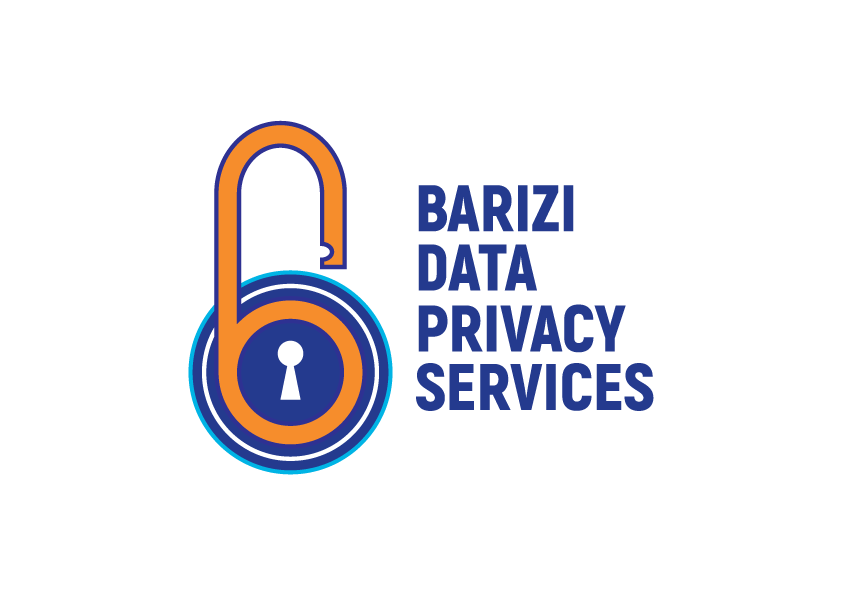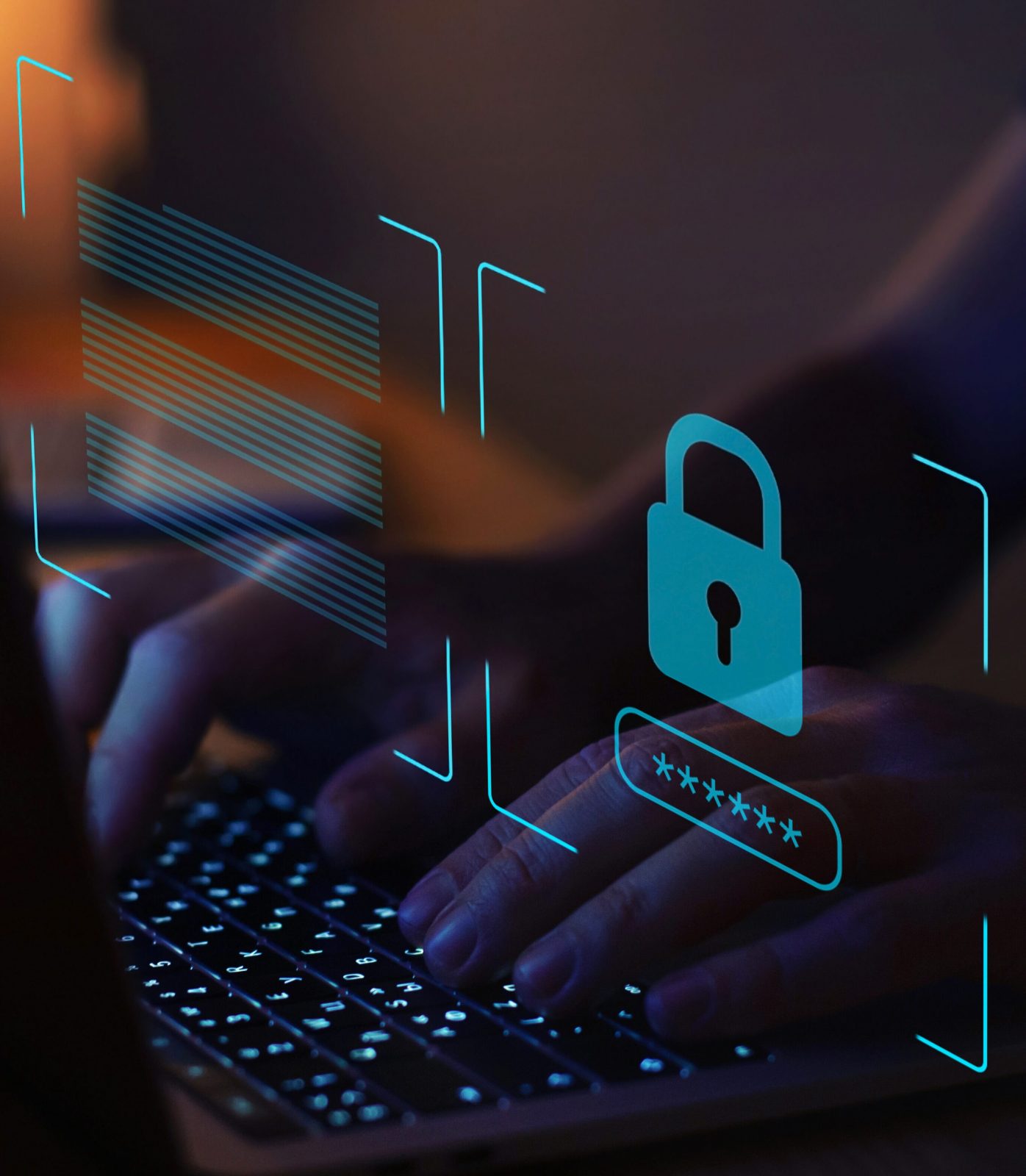Barizi Data Privacy Services
We are your trusted outsourced data protection provider; we provide a comprehensive set of services designed to ensure full compliance with Kenyan Data Protection Laws and Regulations.
Stay Ahead of Cyber Security Threats
ur cyber incident retainer empowers your company to identify, contain and manage any potential cyber incident threats, thus safeguarding business continuity and mitigating the impact of a security breach on your business operations and reputation.
Previous slide
Next slide



